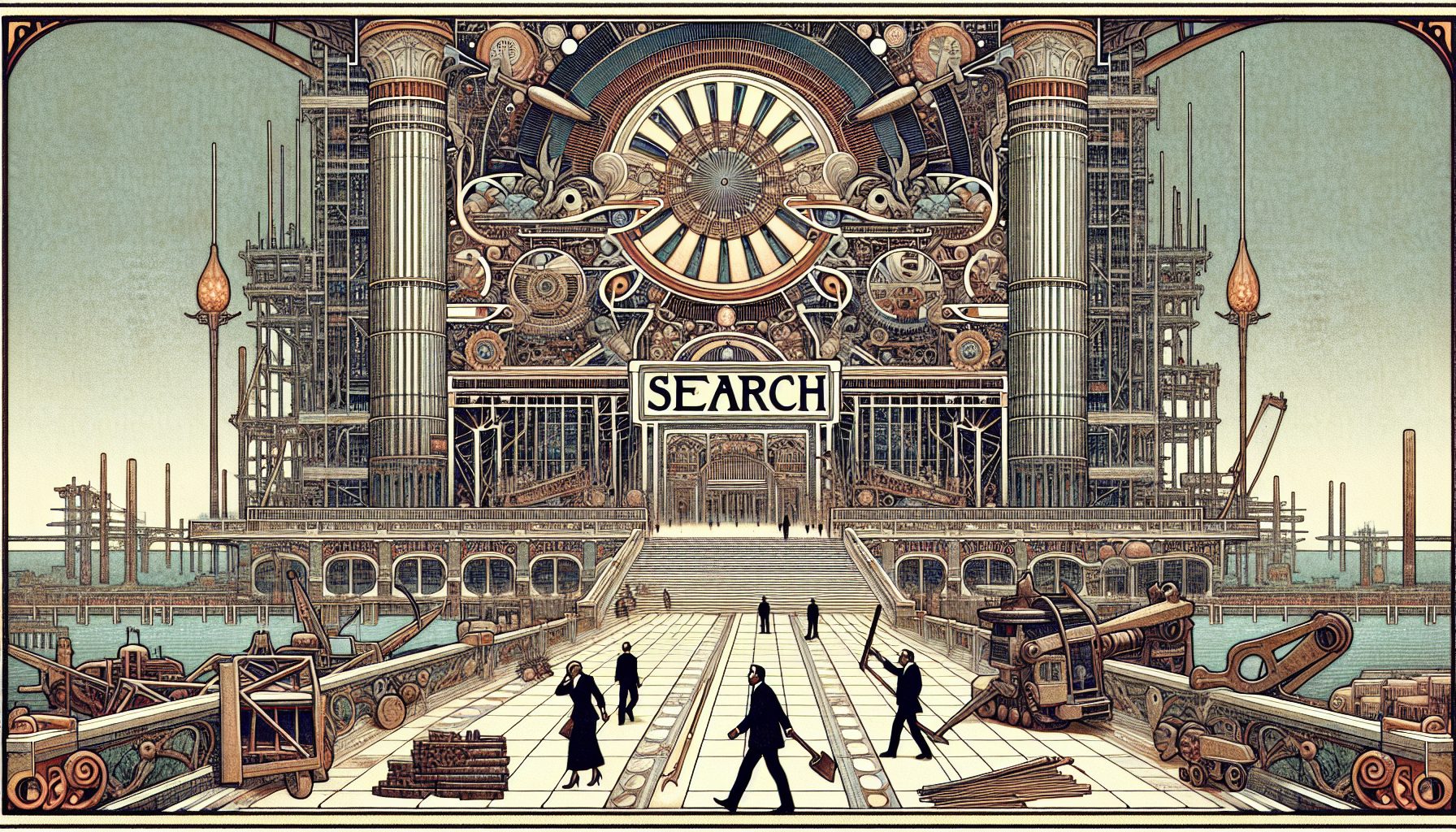In today’s information-rich world, people read more than ever. We are constantly bombarded with text. Software developers, in particular, read a great deal. But, what part do books play in all this reading? Also, what is?a book exactly these days?
I was always an avid reader. I read a lot in general and software development related books were my preferred channel for improving my knowledge and understanding. Back then, the Internet had barely started reaching the mainstream. Companies had libraries and developers had stacks of books on their desks with lots of post-it notes and highlighted sections. Browsing meant physically turning pages in a book. The equivalent of Stack Overflow was asking the department genius. Fast forward to the present???developers have an overwhelming number of options for accessing information???across all dimensions: programming languages, frameworks, databases and methodologies.
The pace of innovation in all of these areas seems to have increased as well. How can a developer make sense out of this abundance? Many developers give up and don’t try to understand things in depth. They focus on getting the job done, following architectures and patterns designed by others, using frameworks that encapsulate many operational best practices and assembling together loosely-coupled components. When they need to address a specific problem they look for a similar project on GitHub, a Stack Overflow answer or a blog. This is not necessarily a bad thing. A small number of people write the foundational frameworks and libraries and many other people reap the benefits. This shows maturity and advances in ergonomic design. The 90’s holy grail of reuse is finally here. But, that leaves software development books in an awkward position. They are not a useful medium anymore, by and large, for the majority of developers.
There are some books that communicate general concepts well, but most software development books explain how to use a particular framework or tool. Paper books are disappearing fast. Even e-books don’t seem to cover these needs. In the past, books tried to keep up-to-date by releasing new versions. But, there is a new trend of “live” books that are constantly updated. This may be the future of software books, but is it really a book anymore?




























